
New mRNA Shot Turns Immune Cells Into Cancer-Killers Directly Inside the Body, Study Finds
Could a Single Shot Train the Body to Defeat Cancer?
What if battling cancer didn’t mean months of exhausting hospital visits, endless waiting for lab results, and therapies that cost more than a home? Imagine instead if the body could be trained to heal itself—not gradually over months, but within hours.
For decades, scientists have pursued the dream of transforming the immune system into a precise, living weapon against cancer. Recent breakthroughs in CAR T-cell therapy, which involves re-engineering a patient’s own immune cells in the lab, have brought that dream closer to reality. In some patients, especially those with aggressive blood cancers, CAR T therapy has driven the disease into long-term remission. Yet despite these successes, it remains far out of reach for most: the procedure can cost nearly half a million dollars, requires weeks of preparation, and demands specialized cancer centers that many patients never have access to. For those with fast-moving disease, the wait can literally mean the difference between life and death.
Now, researchers are testing a radically different approach—one that could bypass the bottlenecks entirely. Instead of extracting, engineering, and reinfusing cells, scientists are exploring a single injection of mRNA that reprograms immune cells directly inside the body. This method turns T cells into cancer-killers almost overnight, relying on the same messenger RNA (mRNA) technology that powered COVID-19 vaccines but applied in an entirely new way. Early studies in animals suggest this strategy not only works, but may be just as effective as traditional CAR T-cell therapy—delivered faster, at lower cost, and with fewer complications.
Reprogramming the Immune System from Within
Conventional CAR T therapy involves a complex chain of steps: harvesting T cells from the patient’s blood, shipping them to a lab, genetically engineering them to recognize cancer, expanding them into the millions, and finally reinfusing them after rounds of preconditioning chemotherapy. This process can take weeks and is physically draining for patients.
By contrast, the new approach eliminates all those steps. Tiny lipid nanoparticles—fat-based delivery bubbles—are used to carry synthetic mRNA into the body. These nanoparticles are coated with antibodies that specifically recognize a protein called CD5, which is found on most T cells. When injected, they locate T cells, fuse with them, and deliver the mRNA instructions inside.
Once inside, the mRNA serves as a temporary blueprint, instructing the T cell to produce a chimeric antigen receptor (CAR)—a kind of molecular “sensor” that allows the T cell to hunt down cancer cells carrying markers such as CD19, a protein often found on malignant B cells. From that moment on, the patient’s own immune system begins to generate living, self-sustaining cancer-fighting cells—without ever leaving the body.
This in vivo approach provides several major advantages:
-
Speed: Reprogramming begins within hours of injection.
-
No chemotherapy: Patients may avoid the immune-depleting preconditioning regimens required in traditional CAR T therapy.
-
Repeatability: Because mRNA instructions degrade naturally over time, additional doses can safely boost the effect without permanent genetic changes.
-
Transparency: In a Stanford-led study, a second mRNA strand was added that encoded a PET-scan marker. This allowed doctors to literally watch the engineered T cells move through the body, infiltrate tumors, and begin their work—something never before possible in cancer treatment.
In effect, this therapy compresses what once required a specialized lab into a single injection that could be administered in an ordinary clinic.
How the Science Works

At its core, the therapy relies on the precision of mRNA as a messenger molecule:
-
Targeting T Cells: Nanoparticles coated with antibodies ensure the fragile mRNA payload is delivered to T cells—not random tissues like the liver.
-
Reprogramming Behavior: Once inside, T cells use the instructions to build CAR receptors, effectively turning themselves into guided missiles that track and kill cancer cells.
-
Tracking Progress: Built-in imaging markers make it possible to follow the modified cells in real time, offering unprecedented insight into whether the therapy is working.
-
Safety by Design: Unlike DNA-editing tools, mRNA doesn’t permanently alter the genome. The instructions fade naturally, lowering risks of long-term side effects while allowing dosing flexibility.
-
Comparable Power: In animal studies, millions of functional CAR T cells were generated directly inside the body—matching lab-based yields without the need for hospital-based manufacturing.
What Research Shows So Far

In mice with B-cell lymphoma, a single mRNA injection began reprogramming T cells within hours. After 60 days, six of eight mice were completely tumor-free, and the remaining two saw their cancer stop growing.
Crucially, the treatment was well tolerated. Even after up to 18 injections, the mice showed no dangerous immune overreactions such as cytokine release syndrome (CRS) or neurotoxicity—side effects that often plague conventional CAR T therapy. The absence of chemotherapy also spared the animals’ immune systems from depletion, meaning they avoided the heightened infection risk that patients usually face.
The modified T cells didn’t just circulate in the bloodstream; they migrated into tumors, infiltrated them, and remained active for weeks. PET imaging confirmed that the engineered cells were locating and engaging cancer targets effectively.
These findings, while still limited to animal models, strongly suggest that this approach could be both safer and more accessible than existing therapies. Human trials will be the next critical step.
Beyond Cancer: Wider Medical Potential
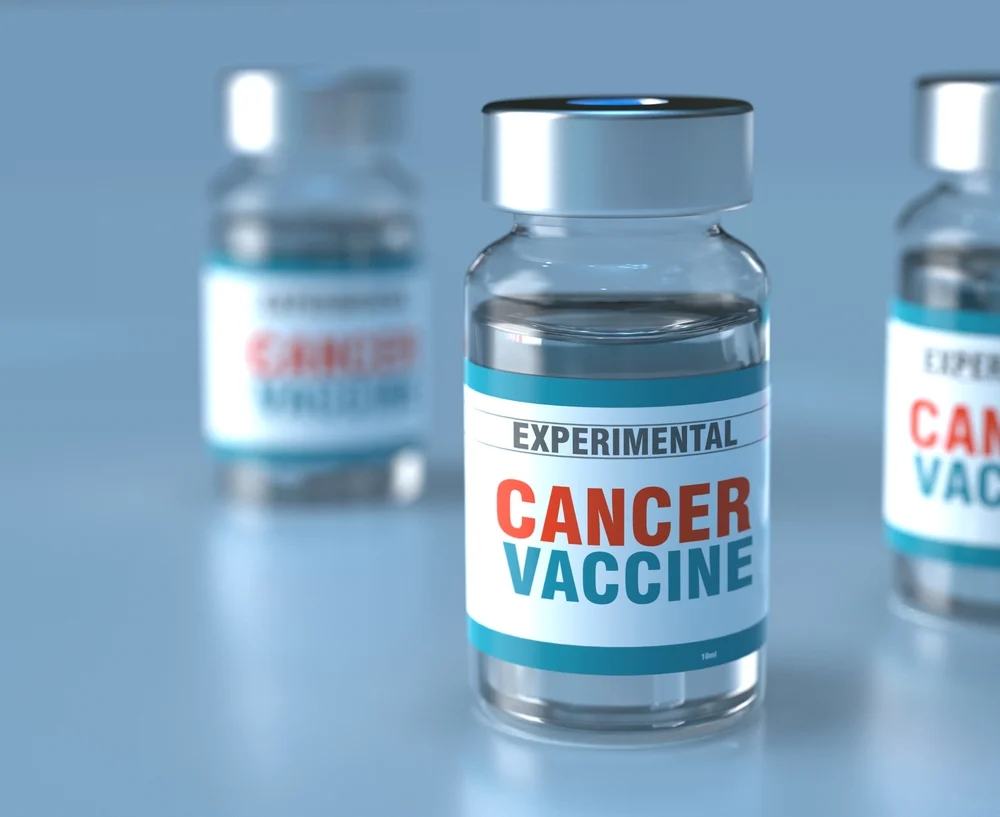
While the immediate focus is on blood cancers, the platform’s versatility could extend far beyond oncology:
-
Autoimmune Disorders: Diseases like lupus, rheumatoid arthritis, and multiple sclerosis arise from misdirected immune attacks. CAR T therapy has already shown promise in severe lupus, but the current process is too burdensome. A simple mRNA injection could make immune-resetting therapies feasible for far more patients.
-
Organ Transplant Medicine: By training T cells to suppress rejection-specific immune responses, this therapy could reduce reliance on lifelong immunosuppressants, which carry high risks of infection and cancer.
-
Chronic Inflammation and Fibrosis: Researchers envision adapting the technology to calm runaway inflammation in disorders like inflammatory bowel disease or to reverse scarring in organs such as the heart and liver.
-
Infectious Diseases: The same principle could be applied to viral infections, reprogramming T cells to better recognize and destroy infected cells—especially viruses that evade immune detection.
The fact that mRNA effects are temporary makes the method especially appealing for conditions where treatments may need fine-tuning over time, rather than a one-time permanent change.
A Turning Point in Medicine
The idea that a single injection could train the body to fight cancer—or even re-balance an overactive immune system—once belonged only to science fiction. Today, it is edging into scientific reality.
If human trials confirm the promise seen in animal studies, this therapy could lower the barriers of time, cost, and access that have kept CAR T therapy out of reach for most patients. Instead of being limited to elite hospitals with specialized labs, the treatment could one day be administered in community clinics worldwide.
For families facing the fear and uncertainty of a cancer diagnosis, this research represents not just another experimental option but a glimpse of a future where lifesaving therapies are faster, gentler, and more widely available. The path from discovery to cure is long, but the potential here is extraordinary—a chance to redefine how we think about medicine itself, shifting from externally delivered treatments to unlocking the healing power already within the human body.
News in the same category


Groom-To-Be, 28, Dies of Acute Liver Failure After Eating Chicken: Doctors Urge the Public to Beware of This Hidden Danger
The tragic story of a young man in China who was preparing for his wedding but suddenly died from acute liver failure after food poisoning has shocked the nation. Experts warn that improper food handling and consumption of spoiled or contaminated food can
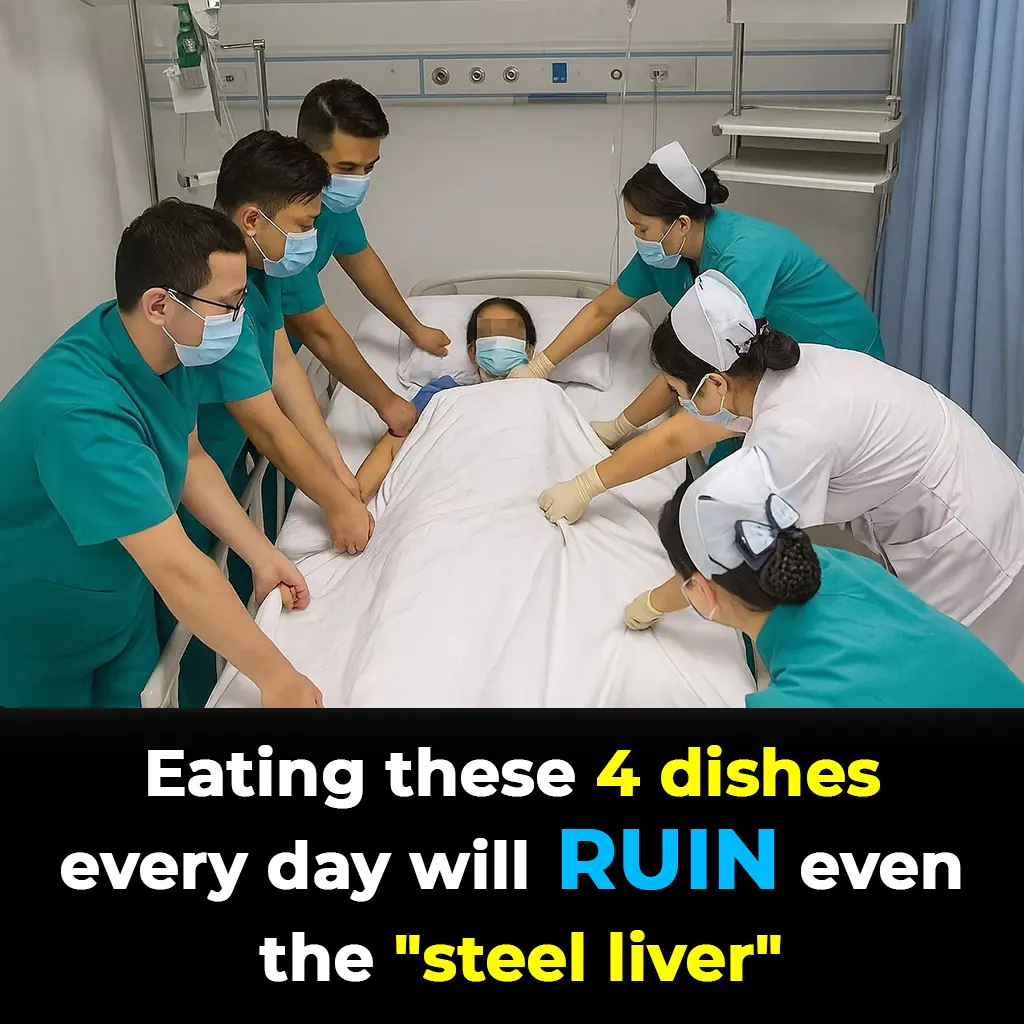
He Never Drank Alcohol but Died of Liver Failure: Doctors Reveal 4 Common Foods That Quietly Destroy the Liver
A man who stayed away from alcohol his entire life shocked his family when he was diagnosed with liver failure and passed away at just 55 years old. Doctors warn that alcohol is not the only enemy of the liver—certain everyday foods can be just as destr

Why You Shouldn’t Be Washing Bath Mats in the Washer

Snakes in Your House

3 Hidden Husband Habits That Could Raise Their Wives’ Cervical Cancer Risk
Husbands may not always realize it, but their daily choices play a huge role in shaping their wives’ long-term health.

Why Is It Not Recommended To Hang Out The Clothes Outside

Sleeping Position With Your Partner

Research Shows Chocolate Milk is More Effective Than Energy Drinks

When Goosebumps May Be a Warning Sign

Effective Methods to Keep Ginger Fresh for Extended Periods
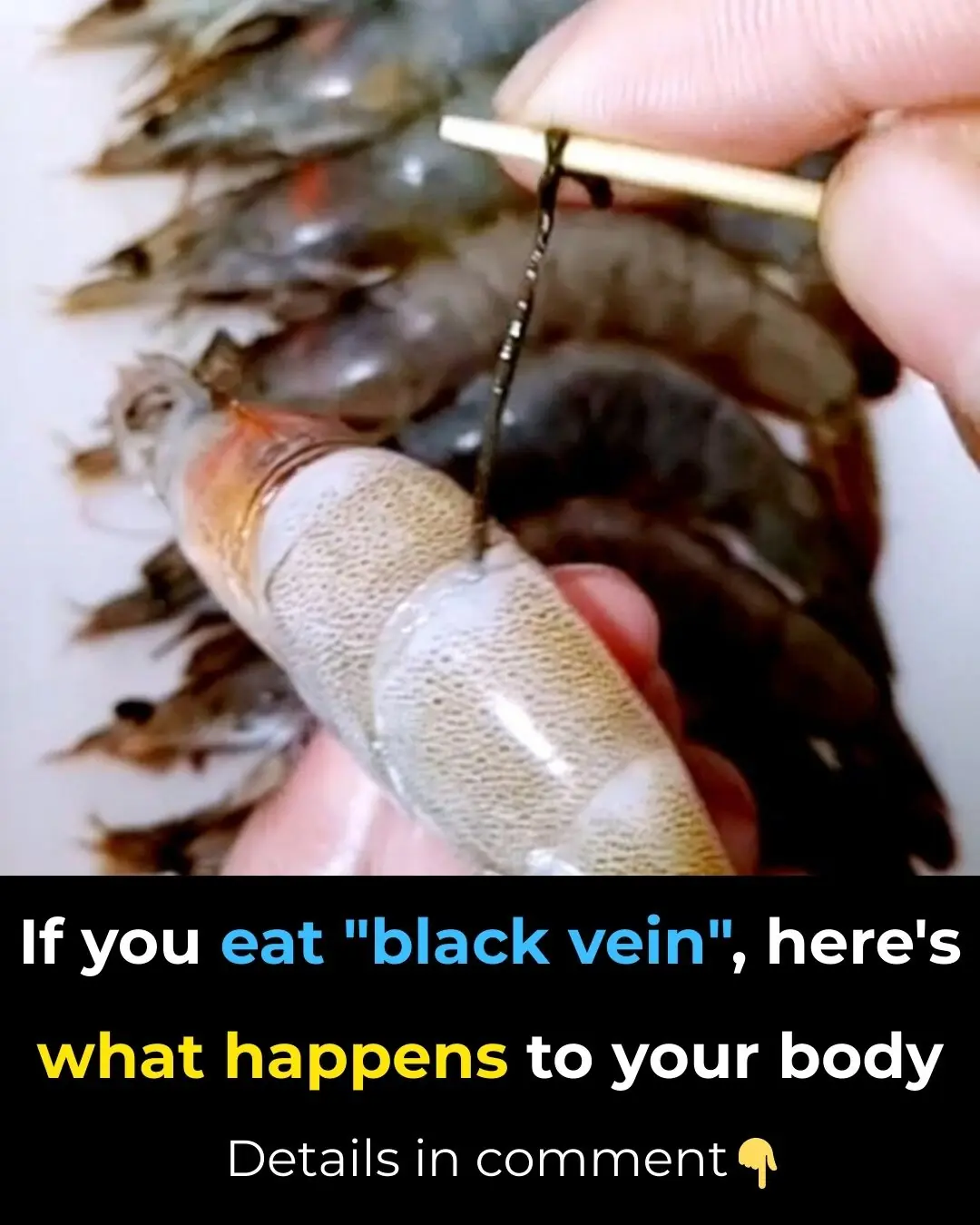
The Truth About Eating the Black Vein in Shrimp Tails

Steps to Take When Your Adult Children No Longer Show Respect

5 Most Common Deathbed Regrets, According to Palliative Care Nurse

Robert F. Kennedy is Reportedly Pushing to Ban All Sodas & Candy From U.S. Food Stamp Benefits. Thoughts?

Donald Trump Asks Supporters To Donate $15 To ‘Get Him To Heaven’

Why Are Mirrors Commonly Installed in Elevators? The Unexpected Benefits of Elevator Mirrors

9 things you should never plug into a power strip

The Spiritual Meaning of Black Butterflies Entering Your Home Revealed
Black butterflies carry meanings that are as complex as they are beautiful.
News Post

Tips for self-defense when encountering ferocious or loose dogs.

10 Warning Signs You’re Eating Too Much Sugar – Many People Ignore #5

Go to the market and see that pork has these 4 characteristics
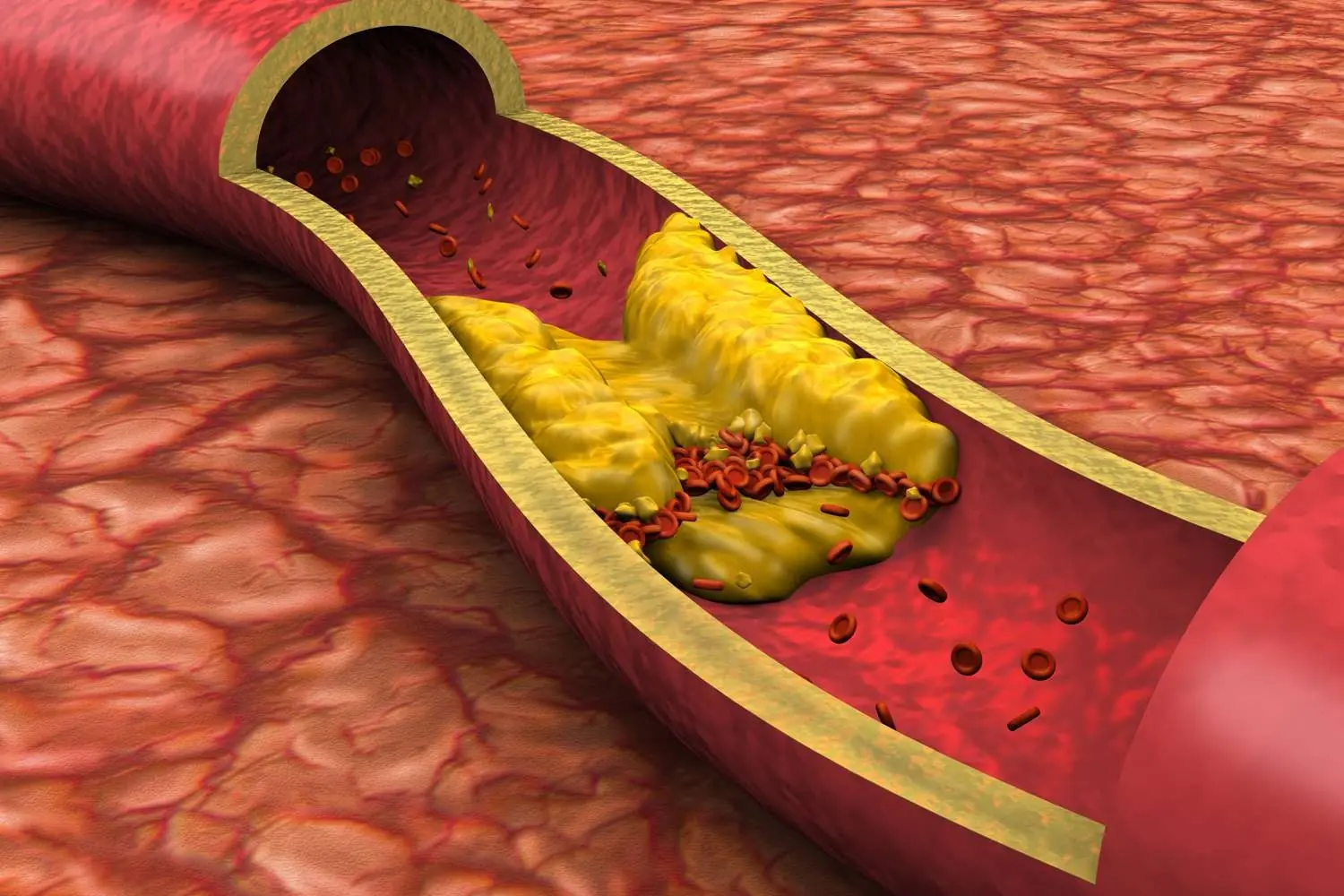
Clogged Arteries Mean Poor Blood Circulation and Risks of Heart Attacks. Here is How You Can Clean Your Arteries from Plaque

Get Rid of Throat Mucus Faster With These Simple Natural Treatments That Work

Scientists Have Discovered Hidden Brain Patterns That May Predict Your Intelligence

Cactus and little-known medicinal remedies
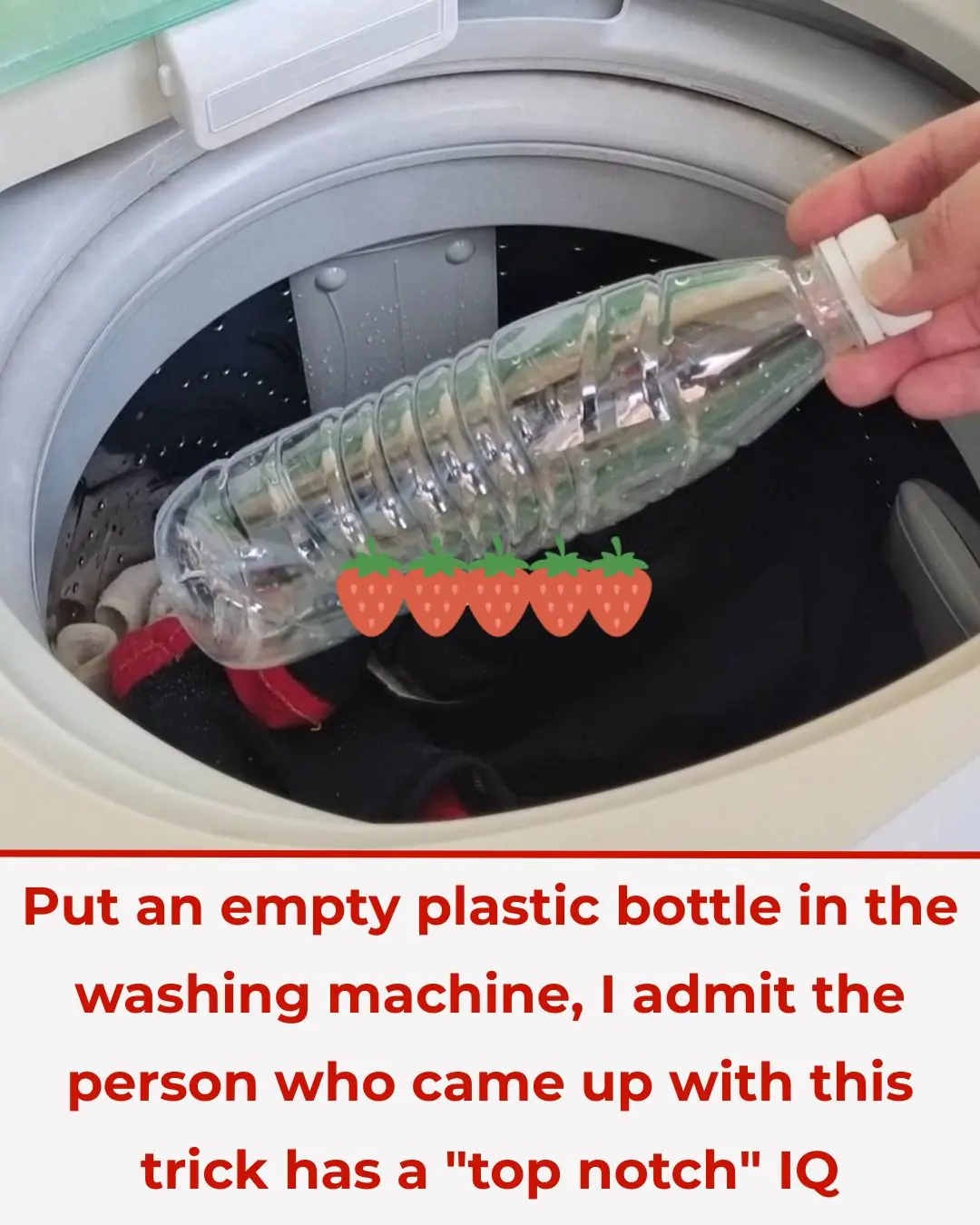
Put an empty plastic bottle in the washing machine, I admit the person who came up with this trick has a "top notch" IQ

MAHA Chief Medical Advisor Dr. Aseem Malhotra Just Declared That No One Should Have Ever Taken the COVID mRNA Vaccines.
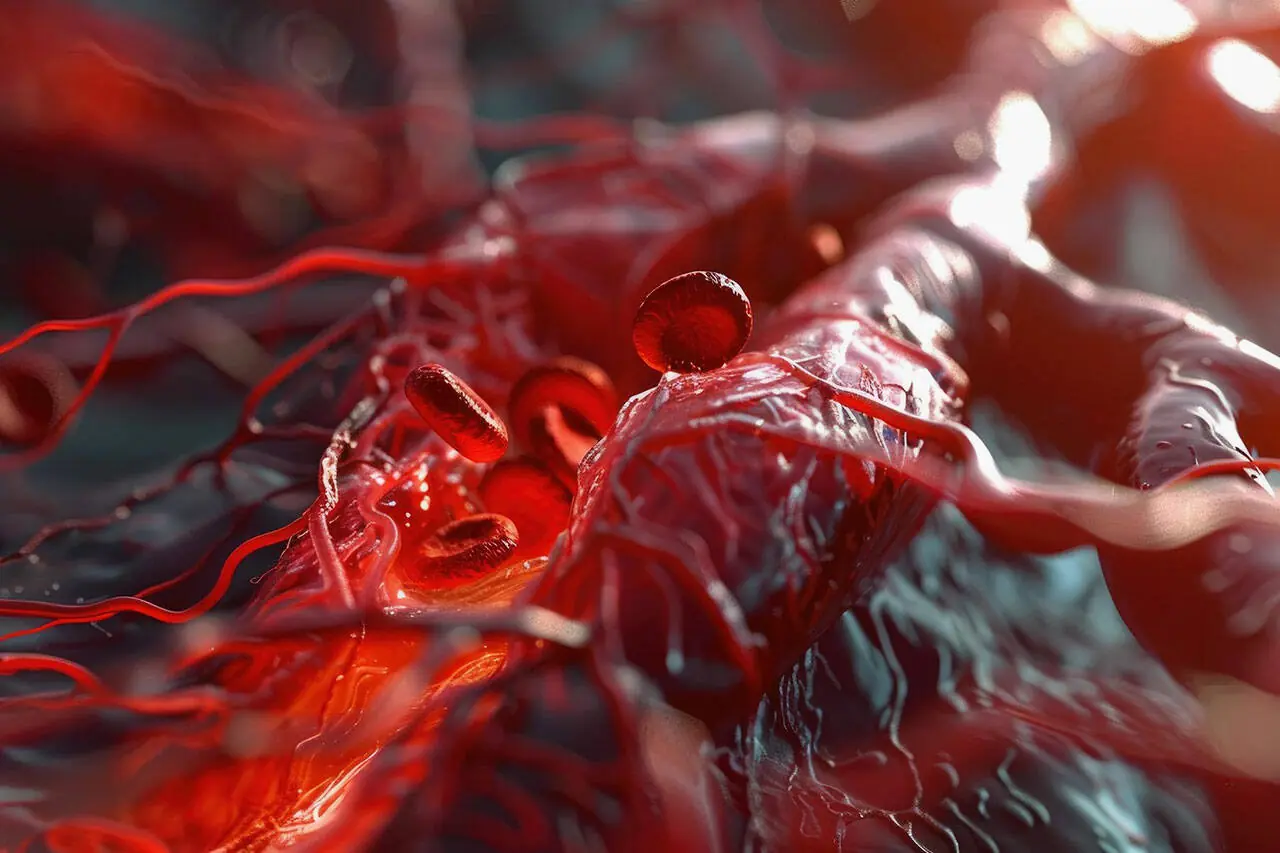
One Vitamin That Could Transform Your Circulation

Why Cold Showers on Hot Summer Nights May Keep You Awake

Lesser-Known Menopause Symptoms

Signs Your Cortisol Is Dangerously High
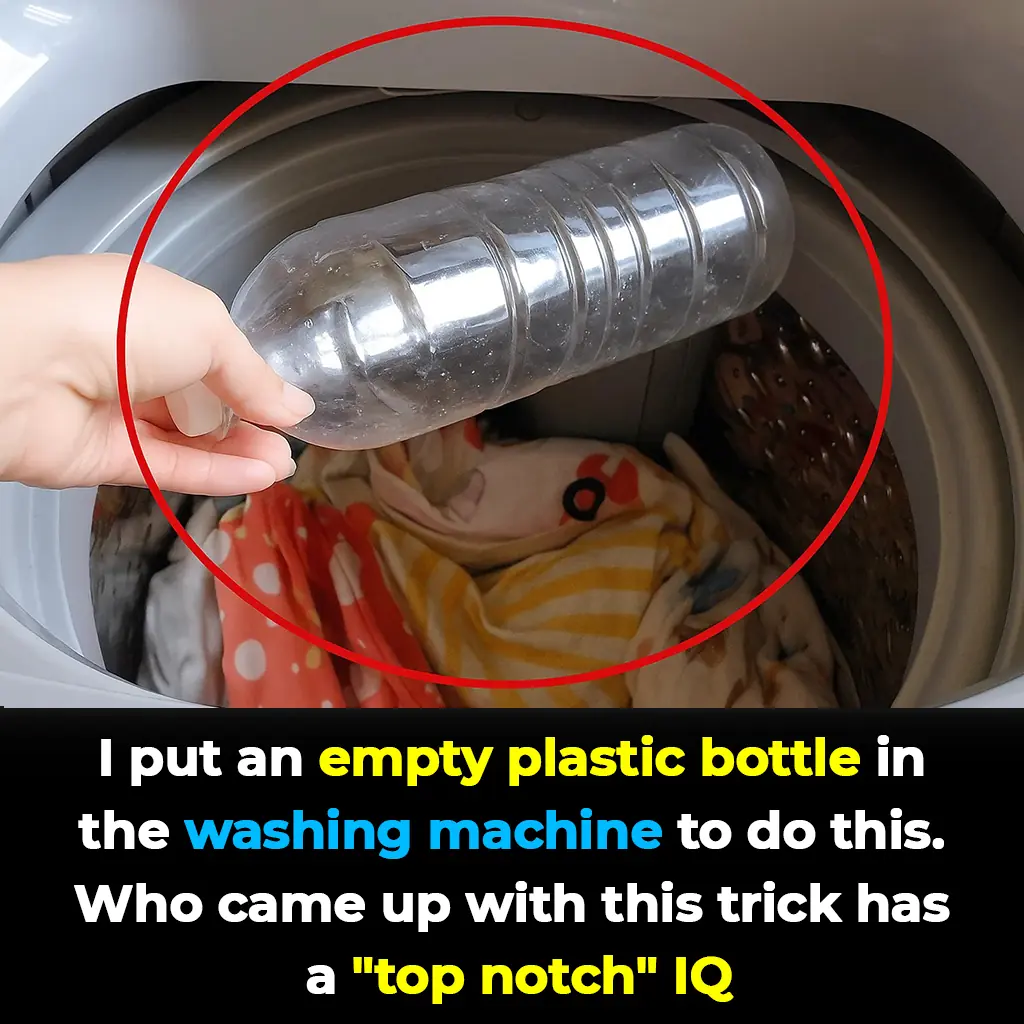
Genius Laundry Hack: Why Putting an Empty Plastic Bottle in Your Washing Machine Can Save Time and Hassle
It may sound strange, but dropping a simple empty plastic bottle into your washing machine could completely change the way you do laundry. This clever trick not only prevents clothes from tangling but also improves the overall cleaning process, making you

How long should frozen meat be thrown away? Here's the answer.

Put a Roll of Toilet Paper in the Fridge Overnight: The Unexpected Hack That Saves Families a Fortune
A simple household item can become a powerful money-saving tool if you know how to use it wisely. Believe it or not, placing a single roll of toilet paper inside your refrigerator overnight can help reduce odors, prevent frost buildup, and even cut down y

This is the reason why you should plant aloe vera in your home right away.

Groom-To-Be, 28, Dies of Acute Liver Failure After Eating Chicken: Doctors Urge the Public to Beware of This Hidden Danger
The tragic story of a young man in China who was preparing for his wedding but suddenly died from acute liver failure after food poisoning has shocked the nation. Experts warn that improper food handling and consumption of spoiled or contaminated food can

He Never Drank Alcohol but Died of Liver Failure: Doctors Reveal 4 Common Foods That Quietly Destroy the Liver
A man who stayed away from alcohol his entire life shocked his family when he was diagnosed with liver failure and passed away at just 55 years old. Doctors warn that alcohol is not the only enemy of the liver—certain everyday foods can be just as destr